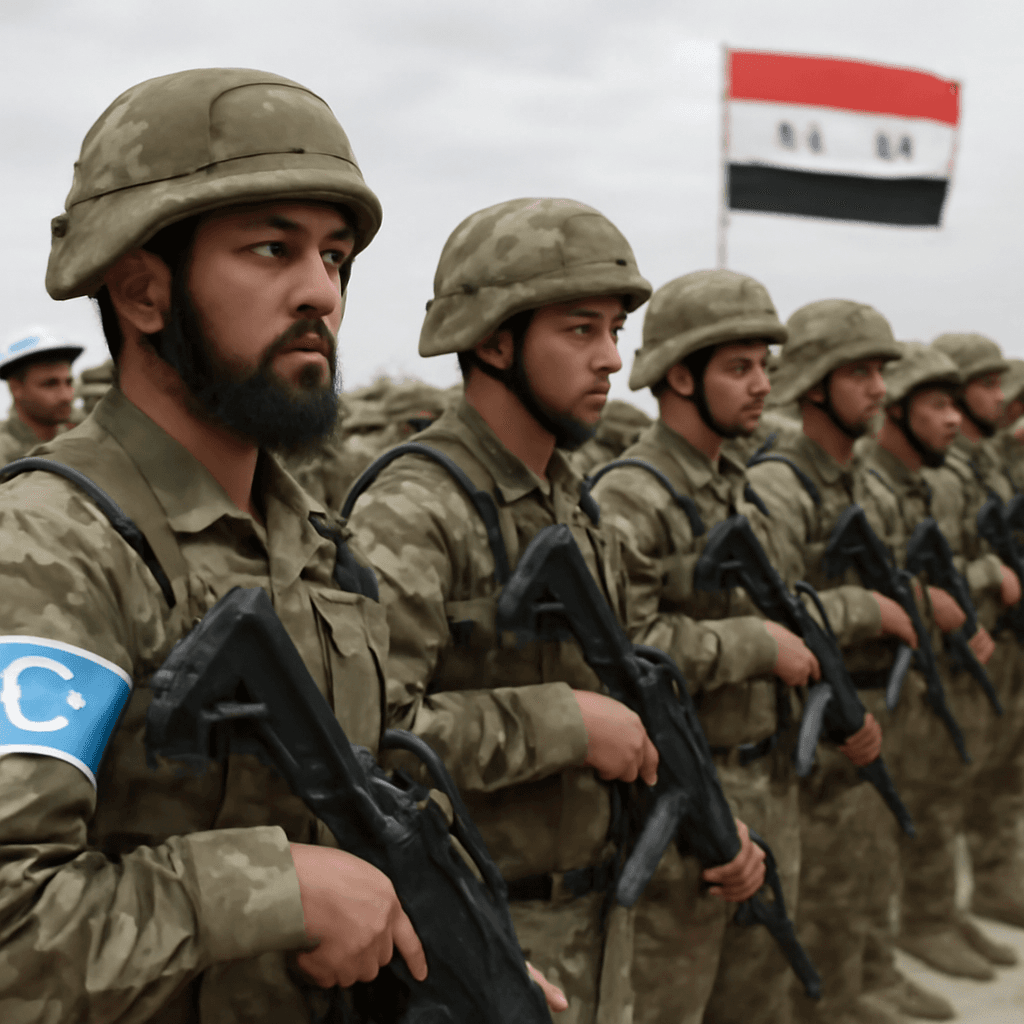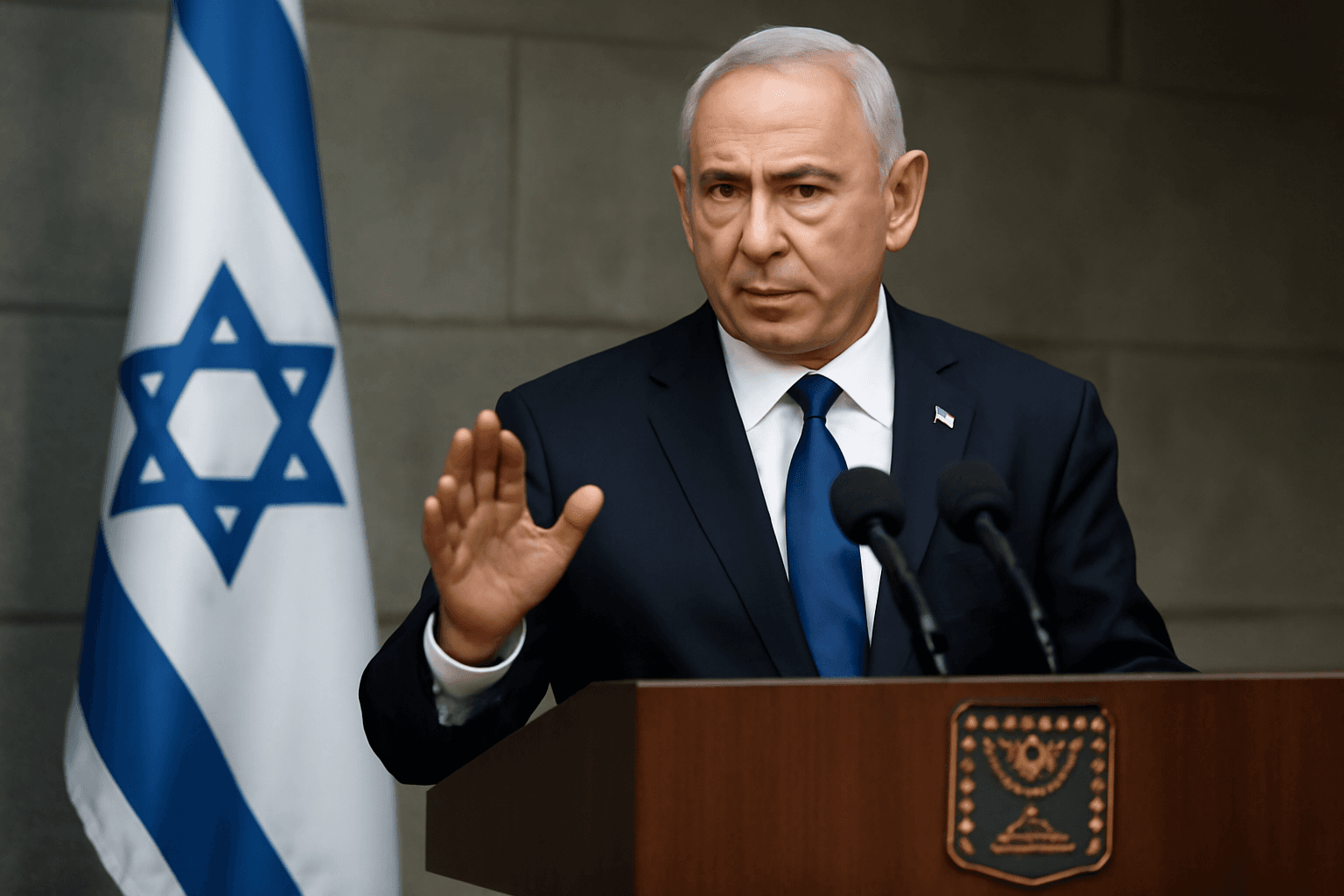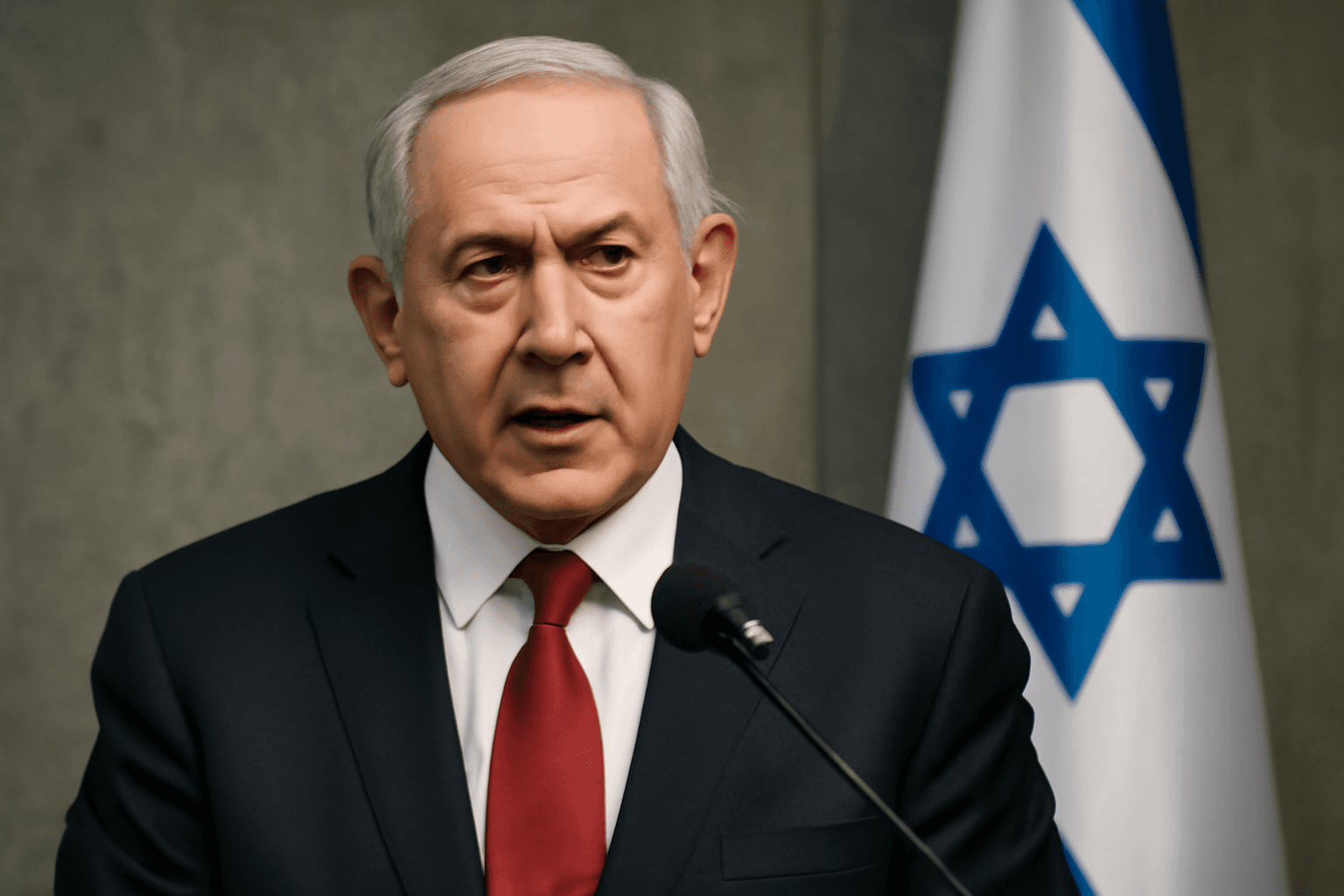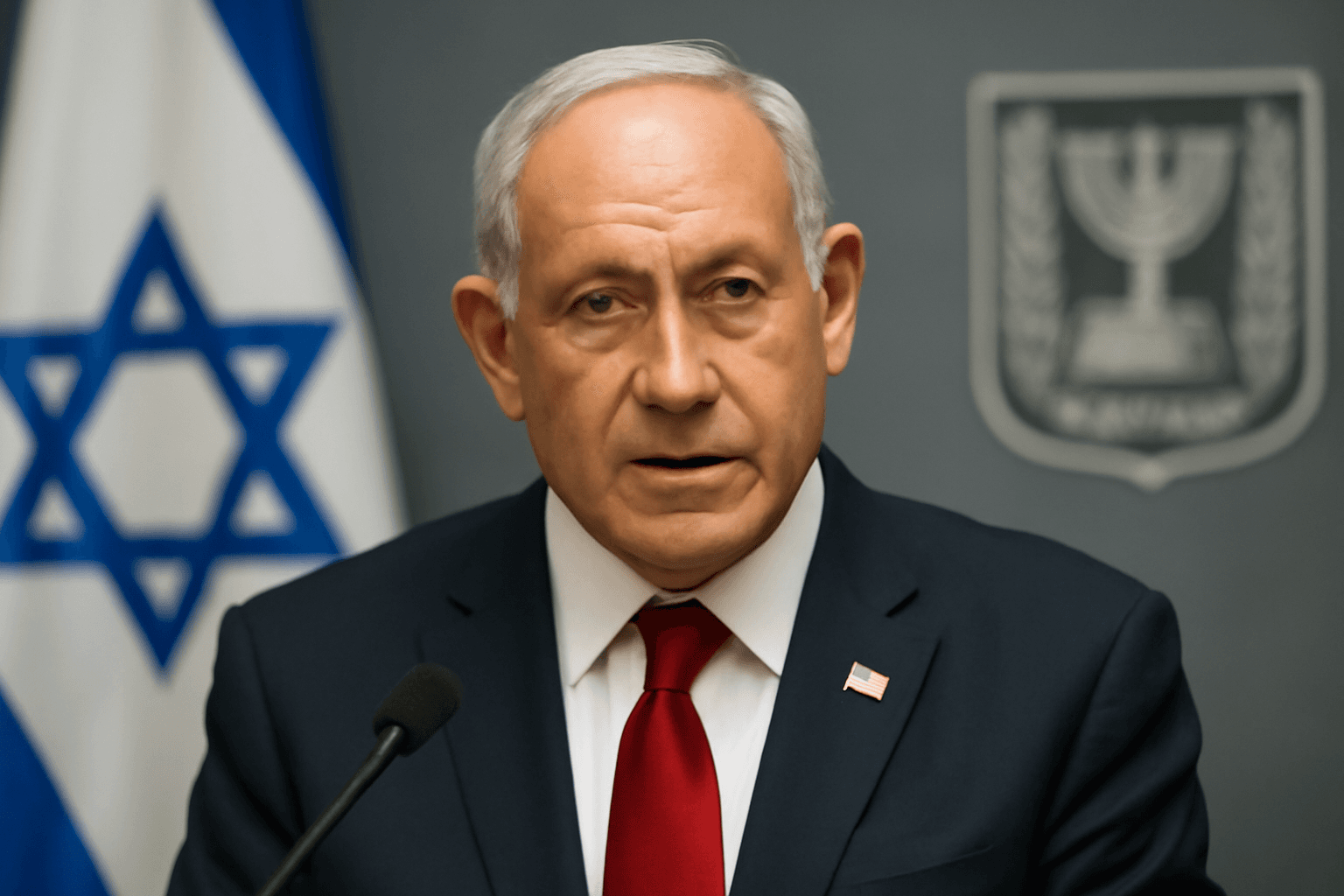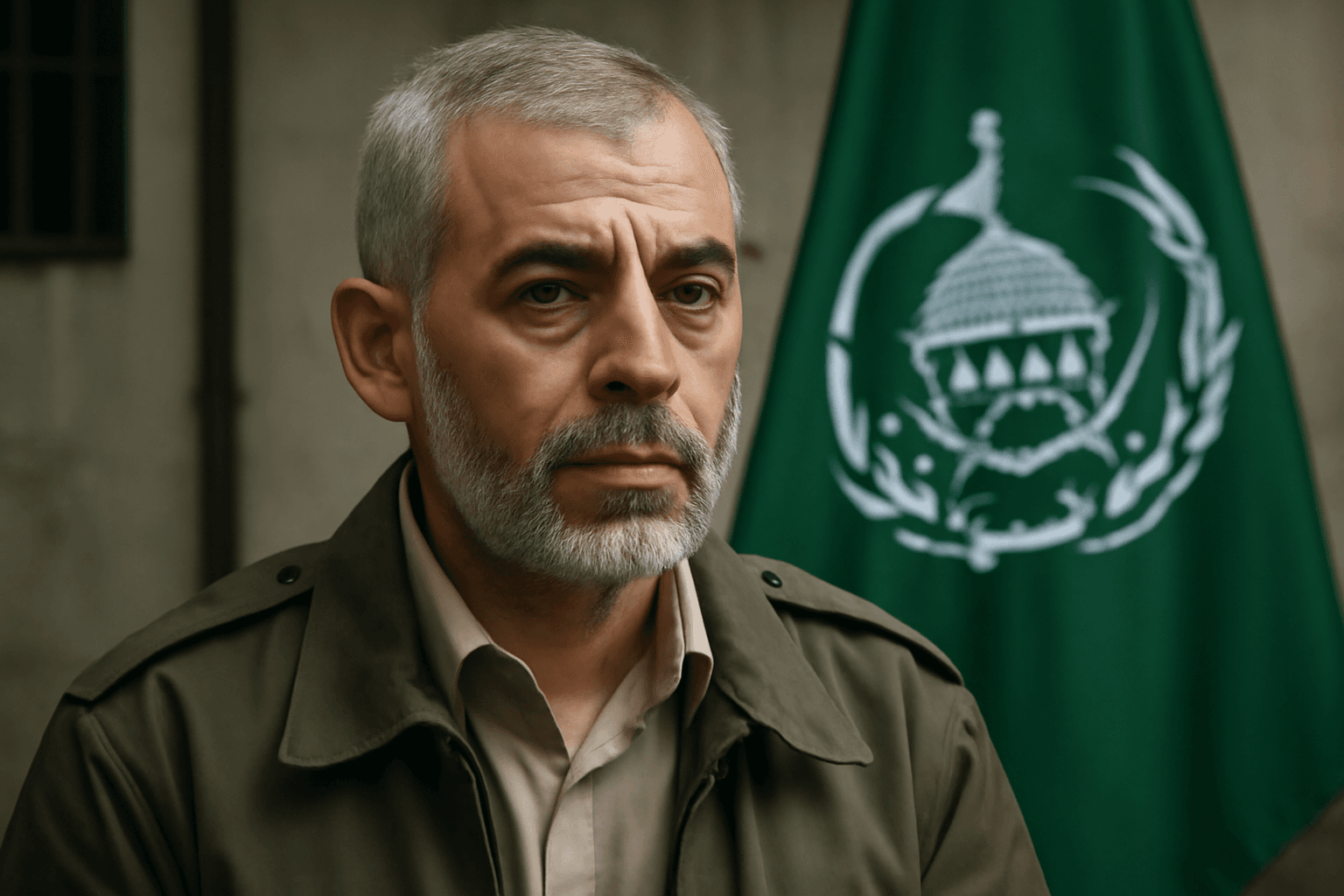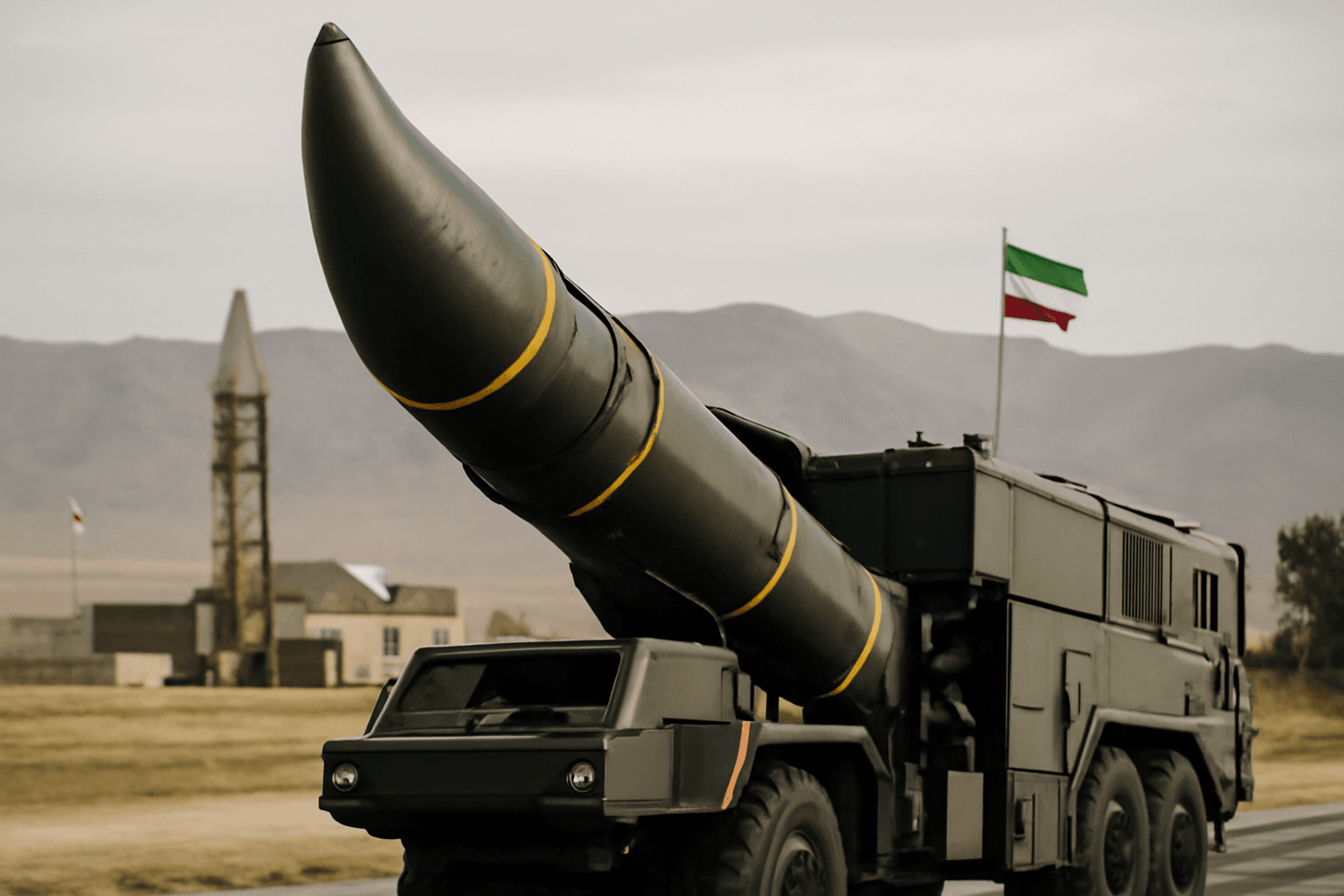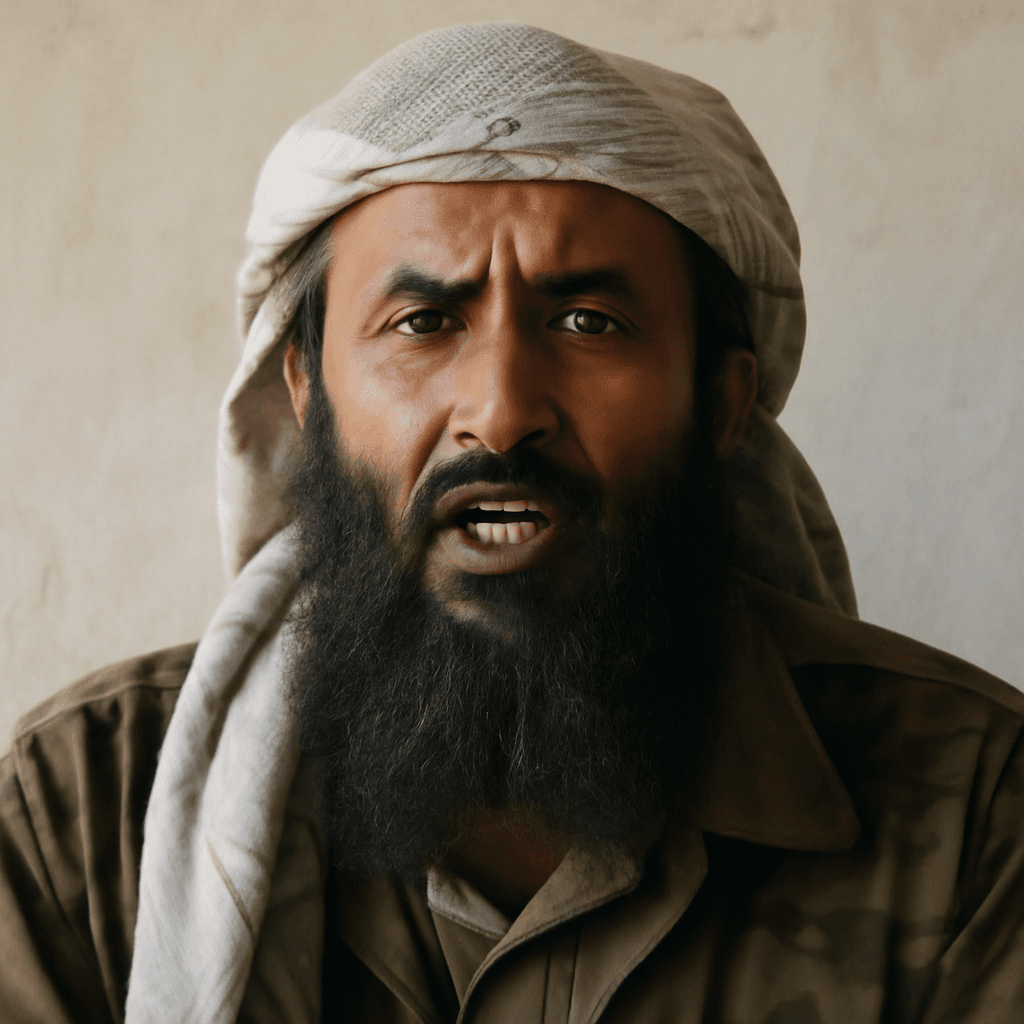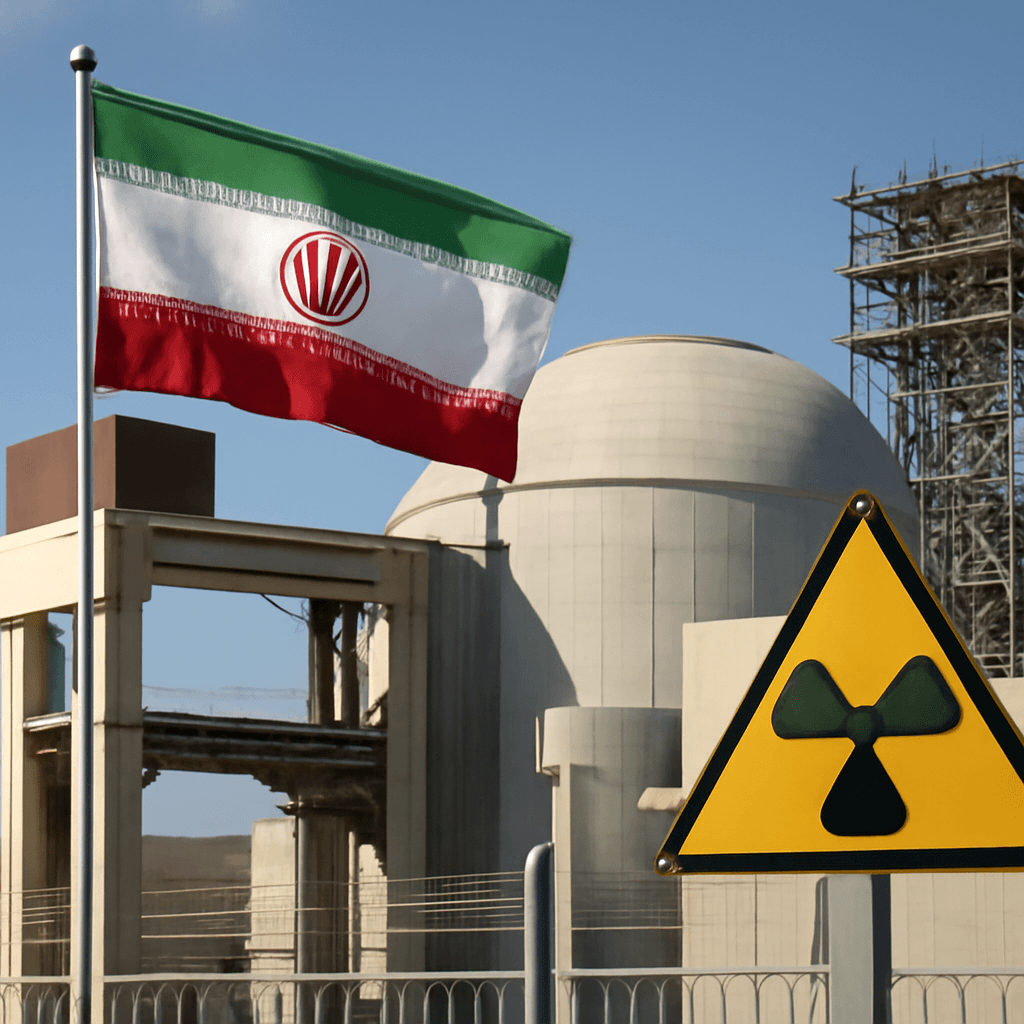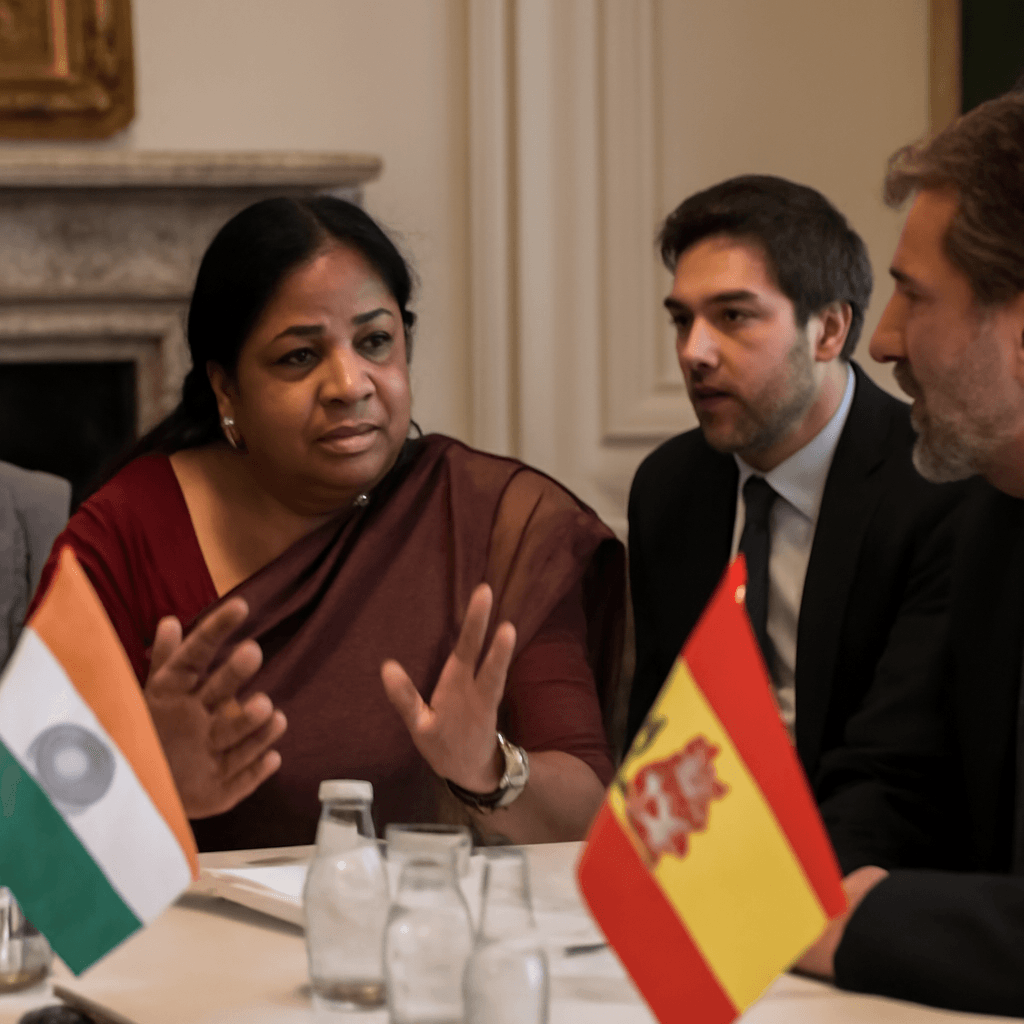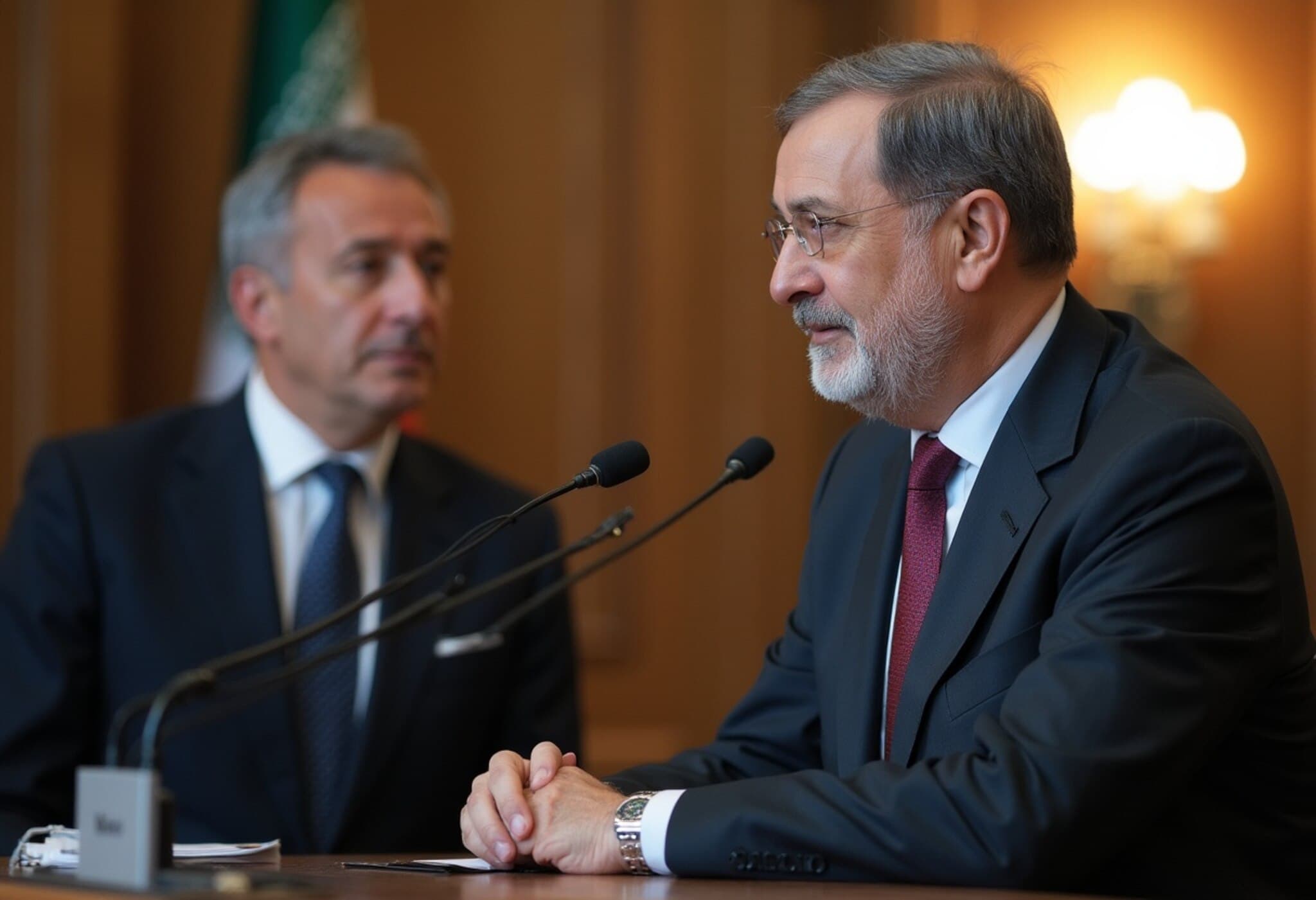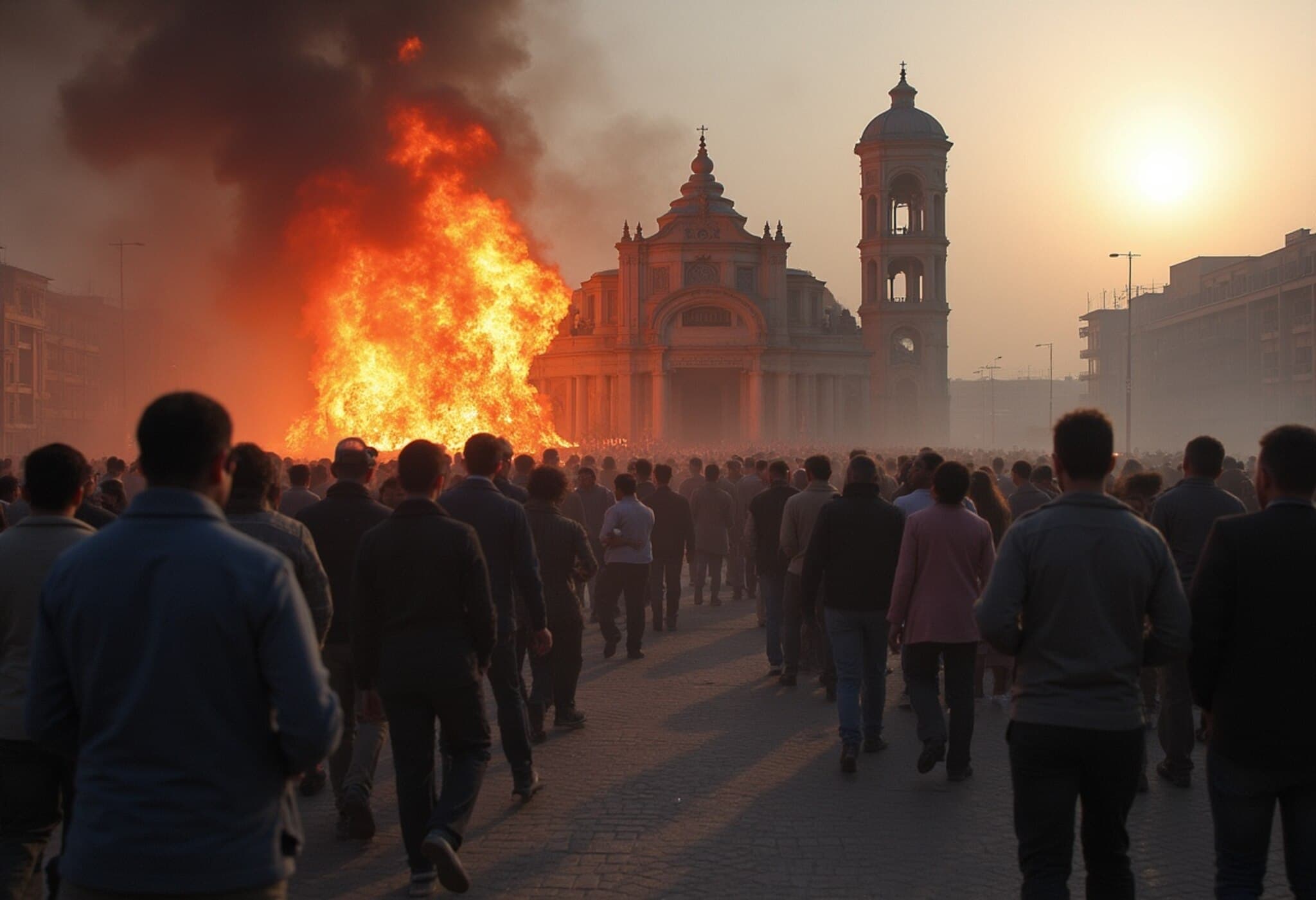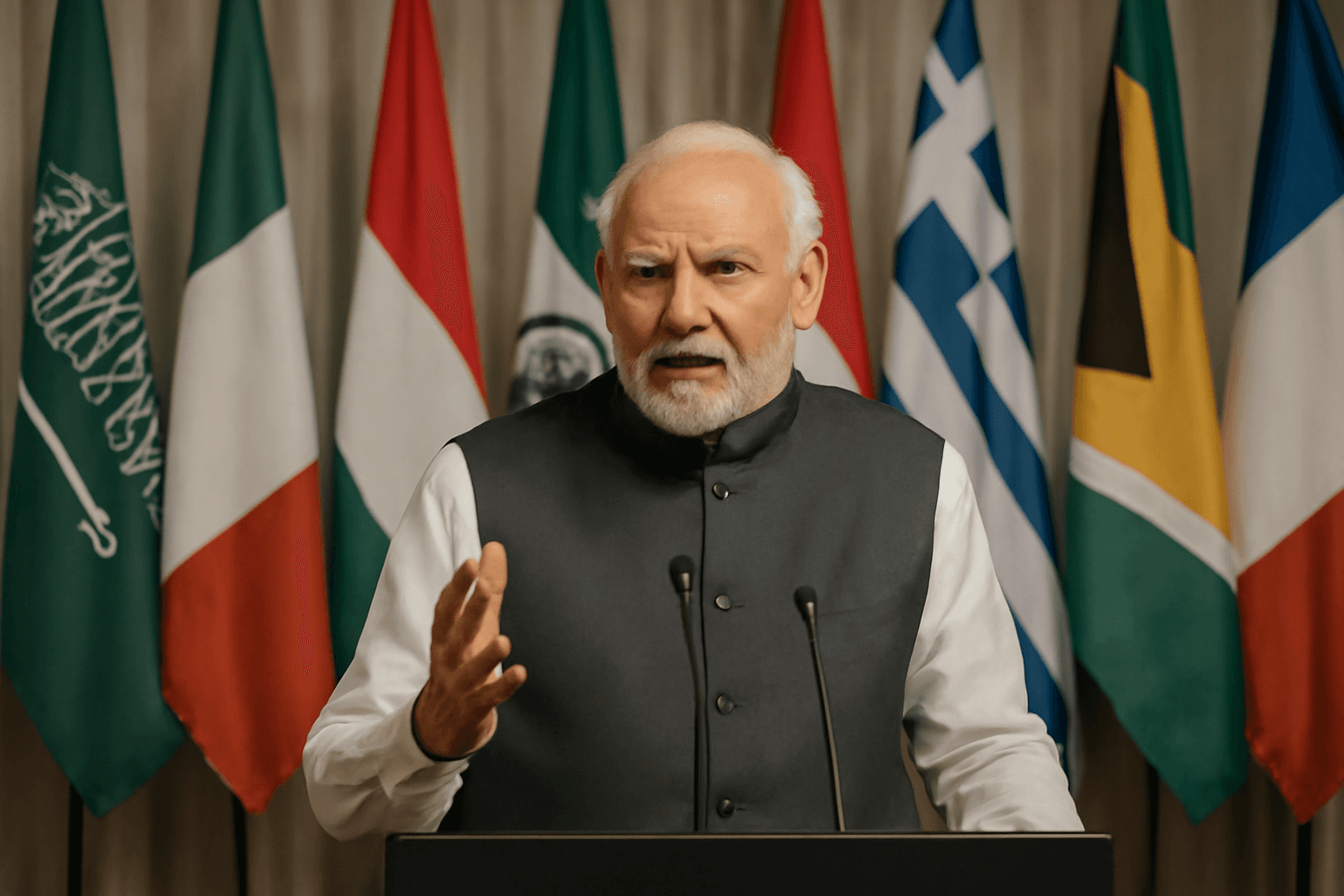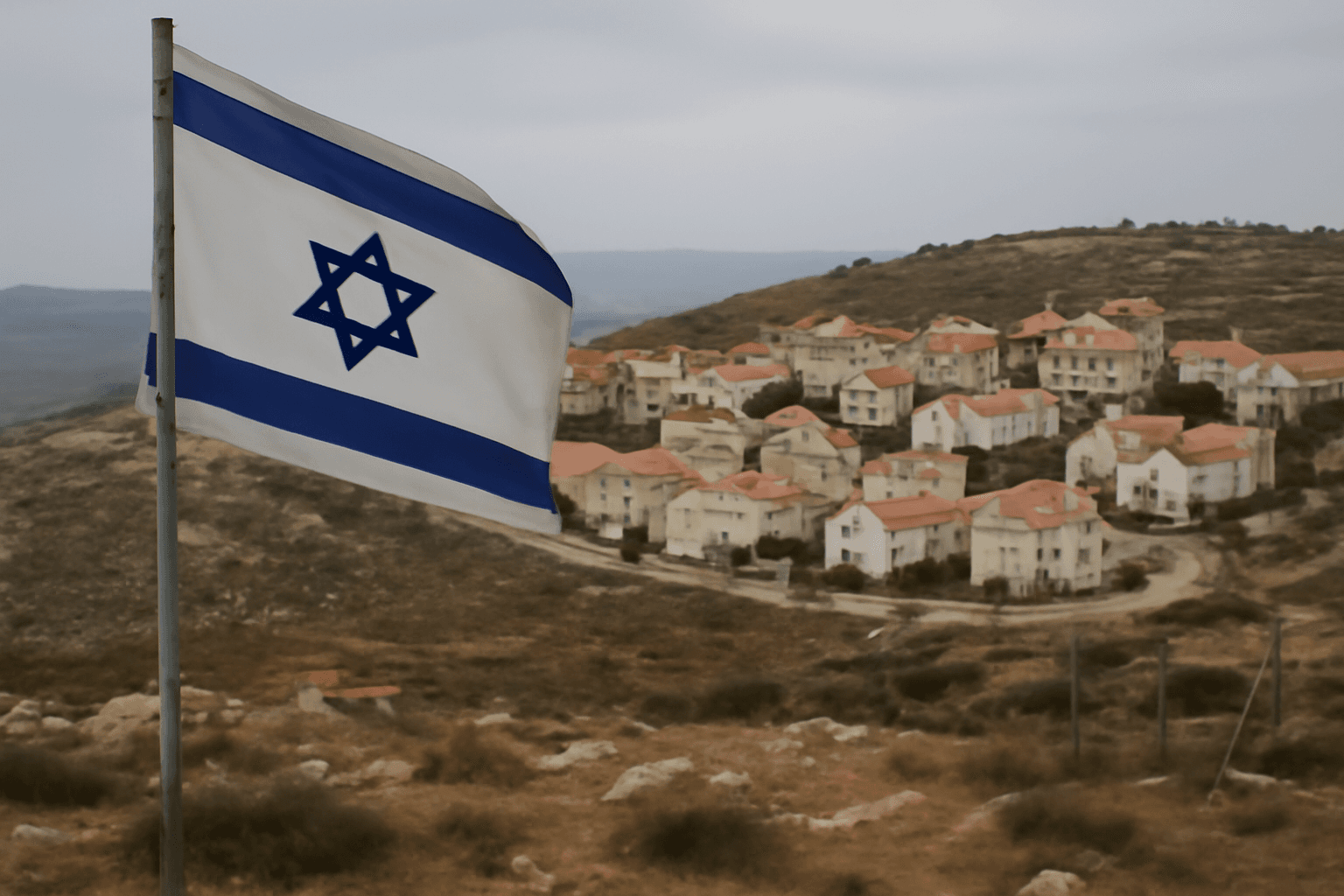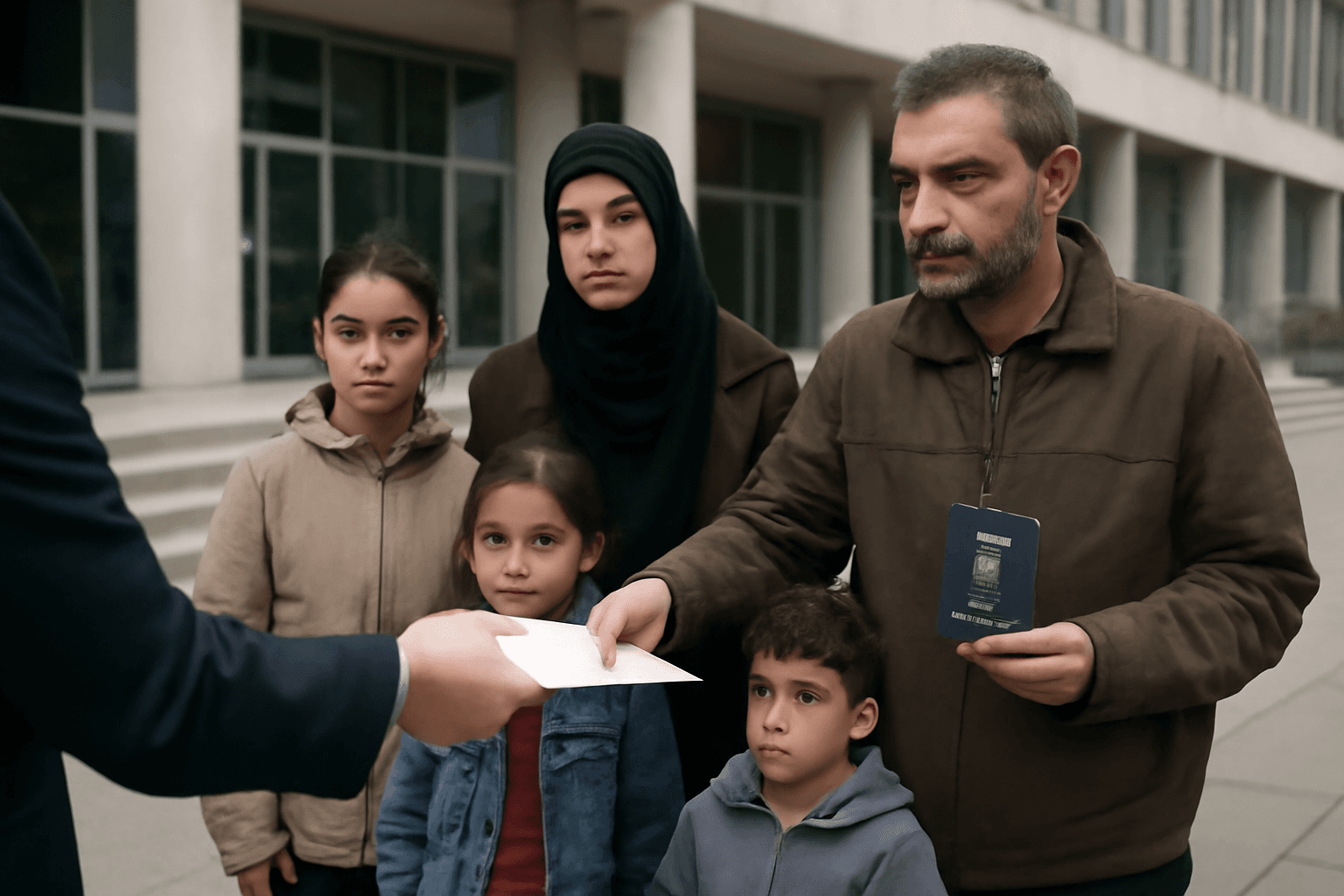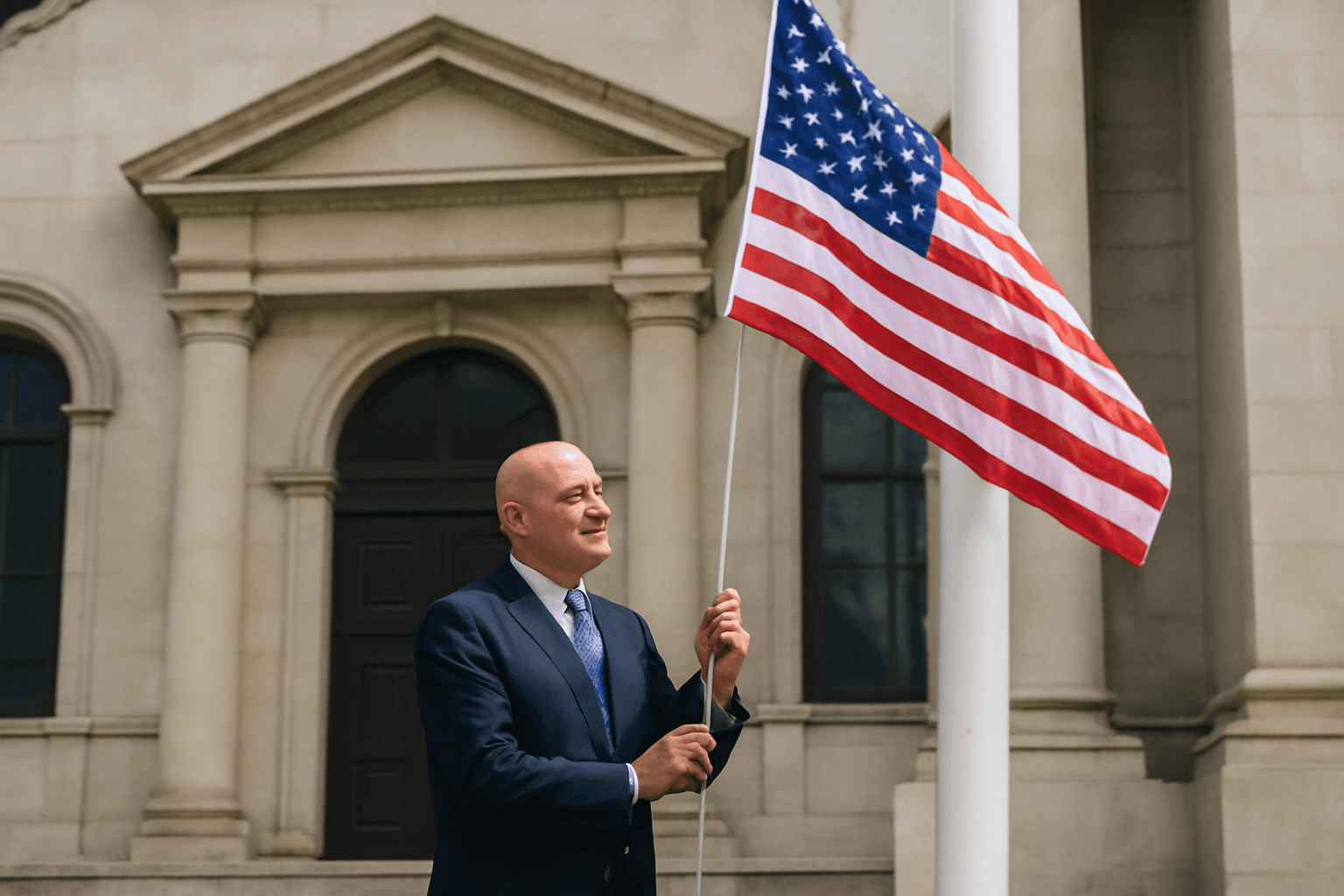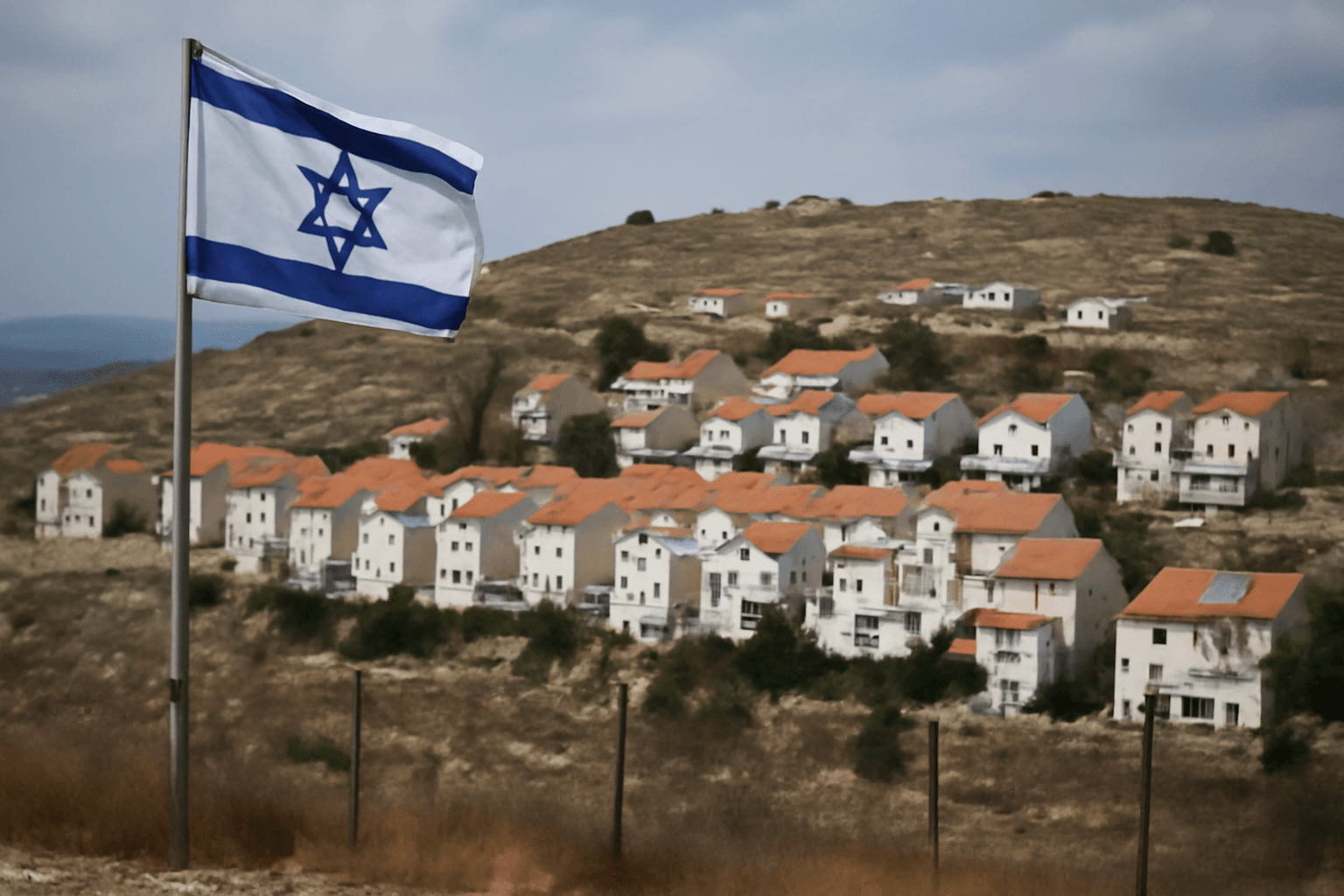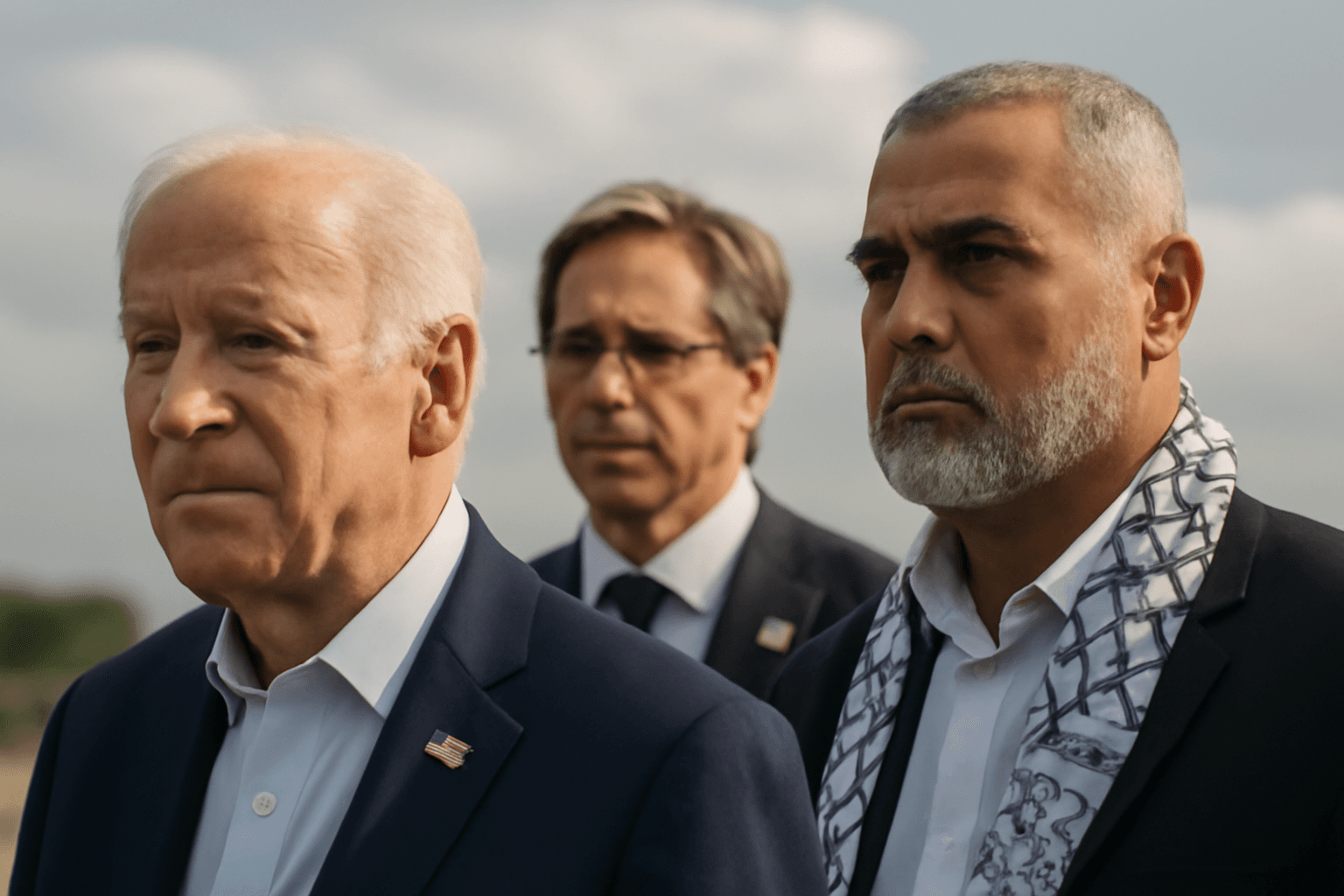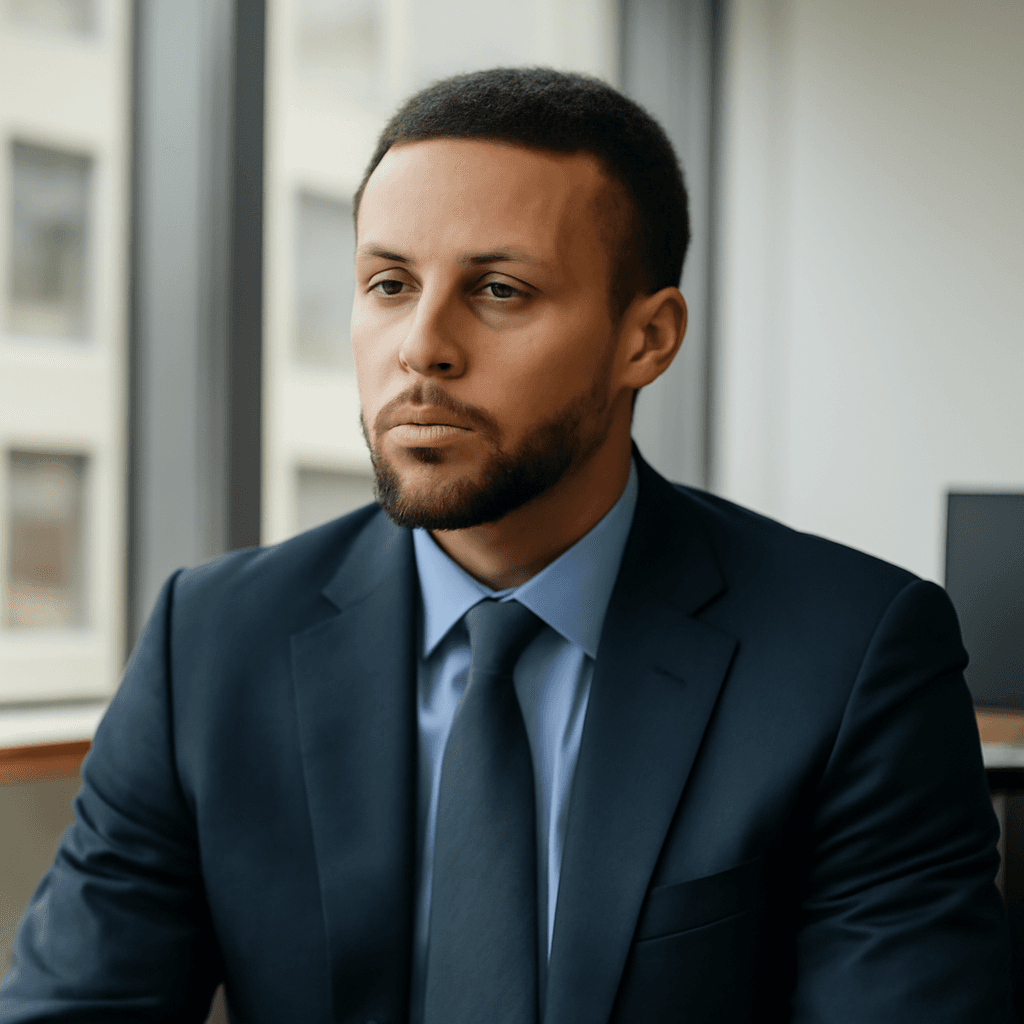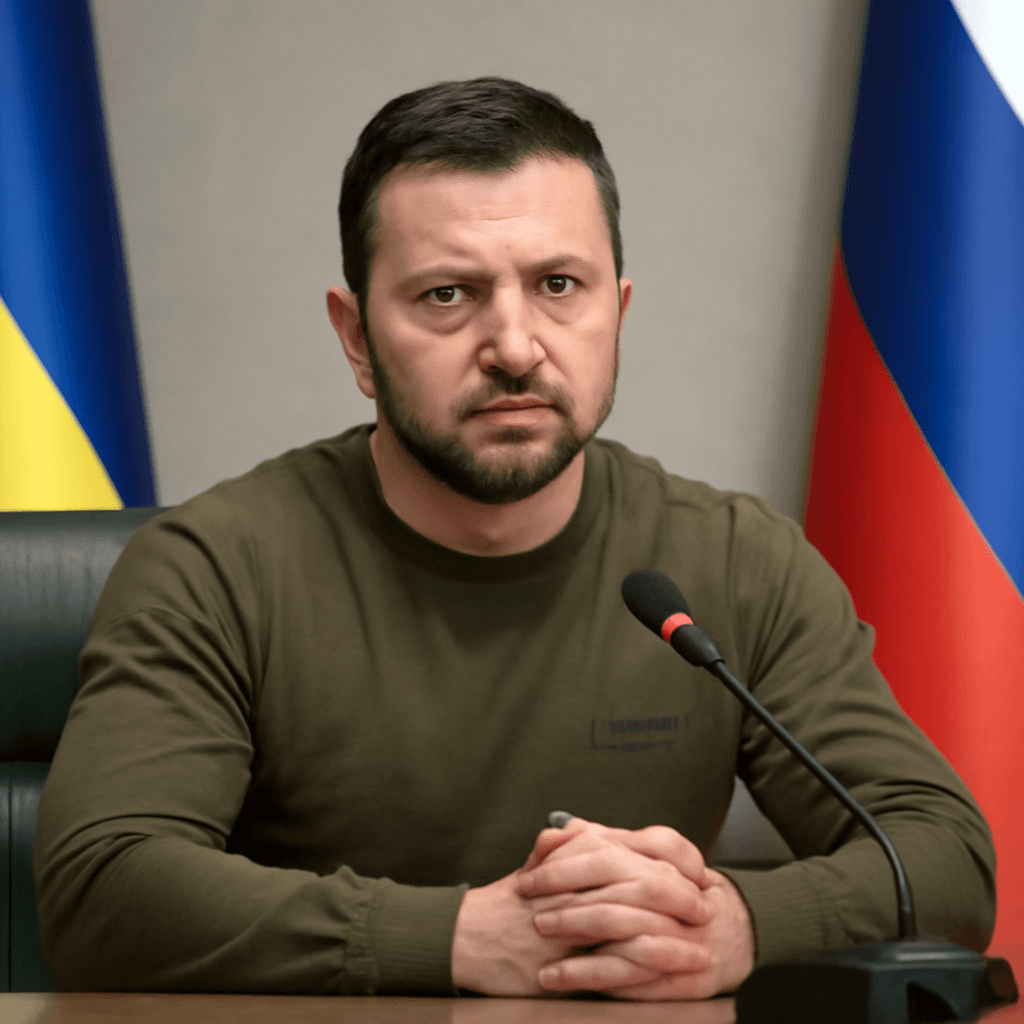US Endorses Syria’s Plan to Incorporate Former Foreign Fighters
The United States has expressed conditional support for Syria’s new government initiative to integrate approximately 3,500 former foreign jihadist fighters into its national army. The endorsement comes with a caveat emphasizing transparency in the integration process, as indicated by a US special envoy.
Details of the Integration Plan
According to Syrian defense officials, the plan involves incorporating mostly Uyghur fighters from China and neighboring countries into a newly formed military unit, the 84th Syrian Army Division, which will also comprise Syrian nationals. This move marks a significant approach to managing foreign fighters who previously participated in rebel factions during Syria's prolonged civil war.
US Position and Rationale
Thomas Barrack, the US envoy to Syria, stated there is "an understanding with transparency" regarding this integration. He emphasized that maintaining these fighters within a state-controlled structure is preferable to excluding them, which could risk pushing them toward extremist groups.
Background: Foreign Fighters in Syria’s Conflict
Thousands of Sunni foreign fighters joined Syrian rebel forces during the 13-year civil war aimed at toppling President Bashar al-Assad. Many aligned with various groups, including Islamic State and Hayat Tahrir al-Sham (HTS), an offshoot of al Qaeda. These foreign militants were known for their discipline and loyalty within HTS, especially in elite units combating both Islamic State and rival jihadists.
Changes in US-Syria Relations
Until recently, the US had insisted on excluding foreign fighters from Syria’s security forces. However, following high-level diplomatic shifts — including lifting certain sanctions, meetings with Syria’s interim president Ahmed al-Sharaa, and appointing Barrack as a special envoy — Washington’s stance has become more flexible.
Security Concerns and Regional Implications
Syria’s new leadership argues that integrating foreign fighters is a safer alternative than leaving them disenfranchised, which could lead them to rejoin terrorist organizations such as al Qaeda or Islamic State.
China has expressed concerns due to the presence of Uyghur fighters, members of the Turkistan Islamic Party (TIP), designated as a terrorist group by Beijing. Chinese officials have urged Syria to oppose terrorism and extremism, reflecting broader international apprehensions.
Statements from the Turkistan Islamic Party
A TIP political official claimed the group has officially dissolved and fully integrated into the Syrian military, functioning under the Ministry of Defence and adhering to Syrian national policies, severing ties with external entities.
Implications for Syria’s Military and Citizenship Policies
The elevation of former jihadist leaders to top military roles stirred concern among Western nations, but such appointments may ease tensions following recent diplomatic engagements.
Furthermore, Syria’s leadership has hinted at granting citizenship to foreign fighters and their families in recognition of their contributions during the conflict.
Expert Perspectives
Analysts note that the fighters incorporated into the army have undergone ideological vetting and demonstrated loyalty to Syria’s government. Leaving them marginalized could risk their recruitment by extremist factions like ISIS.

